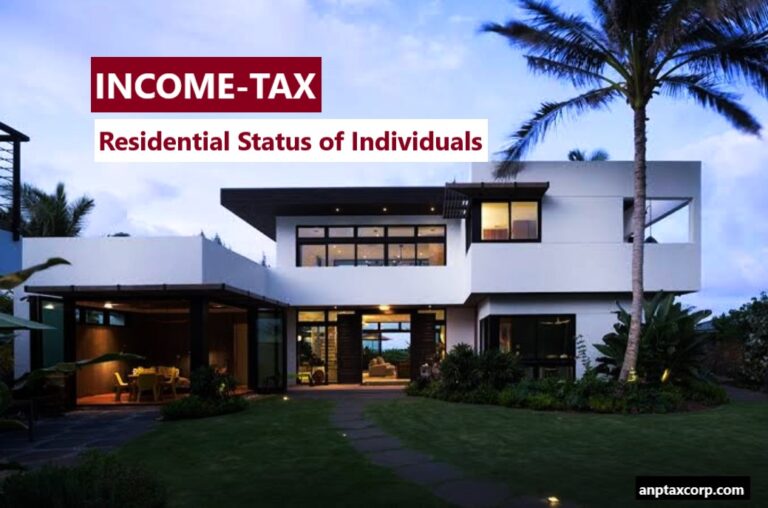Residential Status Dispute Resolved by ITAT: Non-Resident Status Confirmed on 176 Days Stay in India
Residential Status of Individual: In a recent decision, the Income Tax Appellate Tribunal (ITAT) Mumbai dismissed the Revenue’s appeal and upheld the order passed by the Commissioner of Income Tax (Appeals)-53, Mumbai, for the assessment year 2013–14. The dispute revolved around the residential status of the assessee and the taxation of income received in Mauritius.
Key Points of the Dispute
The Revenue contested the interpretation of section 9A of the Immigration Act of Mauritius related to the Occupation permit, arguing that the residential status of the assessee should be considered as an investor, not an employee.
The Revenue questioned the deletion of additional income received in Mauritius, despite evidence suggesting non-payment of taxes in Mauritius on the fees received.
The main point of contention was the determination of the assessee’s residential status as Non-Resident, despite staying in India for 176 days during the relevant year.
Background
The search and seizure action were conducted in the case of Matix (Nishant Kanodia) Group, leading to the centralization of the assessee’s case to the office of the Assistant Commissioner of Income Tax, Central Circle–5(1), Mumbai. The Assessing Officer observed that the assessee claimed his residential status as non-resident, but stayed in India for 176 days. The dispute arose from whether the assessee left India for employment or as an investor.
Assessing Officer’s Decision
The Assessing Officer held that the assessee left India as an “Investor” on a business visa to Mauritius, making the residential status “Resident.” The income earned outside India was added to the total income of the assessee.
Commissioner of Income Tax (Appeals) Decision
The CIT(A) supported the assessee’s claim, stating that the assessee left India for employment and was entitled to the benefit of Explanation–1(a) to section 6(1)(c) of the Act.
ITAT Mumbai Decision
The ITAT Mumbai, considering the relevant provisions of section 6(1) of the Act, emphasized that if the assessee left India for employment outside India, the period of stay in India could be substituted with 182 days as per Explanation–1(a). The Tribunal referred to precedents and held that even if the taxpayer left India for business or profession, it qualified as employment outside India under Explanation–1(a) to section 6(1) of the Act.
Conclusion
In light of the above, the ITAT Mumbai dismissed the Revenue’s appeal, affirming the non-resident status claimed by the assessee. The cross objection filed by the assessee was deemed academic and dismissed accordingly.
This decision clarifies the interpretation of the term “employment outside India” and reinforces the assessee’s entitlement to non-resident status when leaving India for business or profession.
To Access the CBDT Circular 1/2024 CLICK HERE
To Know more about Residential Status of Individuals as per Section-6 CLICK HERE

Thank you for the auspicious writeup It in fact was a amusement account it Look advanced to more added agreeable from you By the way how could we communicate
I do trust all the ideas youve presented in your post They are really convincing and will definitely work Nonetheless the posts are too short for newbies May just you please lengthen them a bit from next time Thank you for the post
Hi i think that i saw you visited my web site thus i came to Return the favore I am attempting to find things to improve my web siteI suppose its ok to use some of your ideas
he context in which a value comment is made is crucial. A statement that holds true in one context may not in another. For example, the value of time might be discussed differently in a business setting than in a casual conversation among friends.